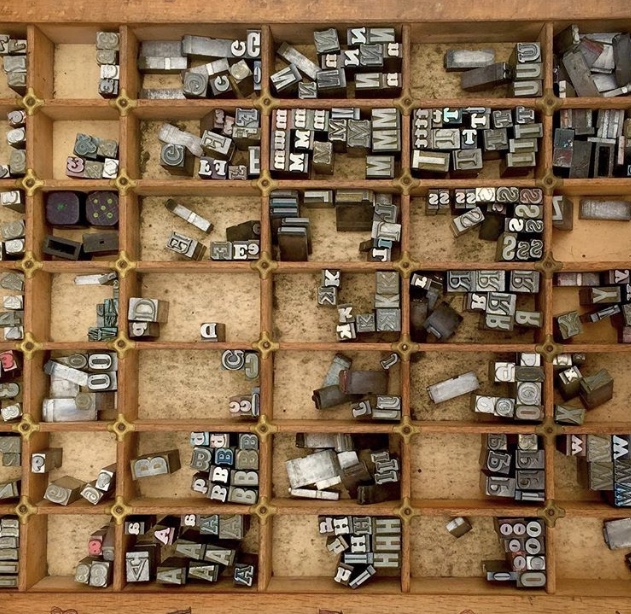How many words should you use? The short answer is fewer (not less!) than however many it was you just finished typing. Cut, cut and cut again. Decide, when you have finished, to cut your writing by ten per cent whether or not you think it needs it. It does need it, and very few writers bash out perfection in one draft. Look for words and phrases that are not earning their place. The likely candidates are adverbs and adjectives. This is very often the case, or just often the case. Casual use of weak adjectives is really annoying, or just annoying.

“Substitute ‘damn’ every time you’re inclined to write ‘very;’ your editor will delete it and the writing will be just as it should be.”
–Mark Twain
Sir Arthur Quiller-Couch in On the Art of Writing: “Whenever you feel an impulse to perpetrate a piece of exceptionally fine writing, obey it—whole-heartedly—and delete it before sending your manuscript to press. Murder your darlings.’”
Sometimes, you might need extra words (which is why you need to cut out some of the others.) If, for example, you wrote ‘large’ then how large did you mean? Did you mean really large, and did you change it to massive and huge and humungous? If so, we still don’t know how large is large. Give us a clue – the size of Wales, or whales, or a football pitch, or line up whatever it is and tell us it would stretch from here to the moon. Let us see it.
Visualisation can get you noticed. Once upon a time, BBC radio used to periodically pay me a few quid to rant down the phone about the poor state of our railways. I was on a list called ‘angry and available commuters’ and would get the call when the fares went up, or some such thing. They liked me because I helped visualise what it meant to be a commuter. I worked out that I’d spend £50,000 and three years of my life on trains, which was so much better than lots of money and too much time. But you can only be so angry so often, and one day we all got bored with it.
